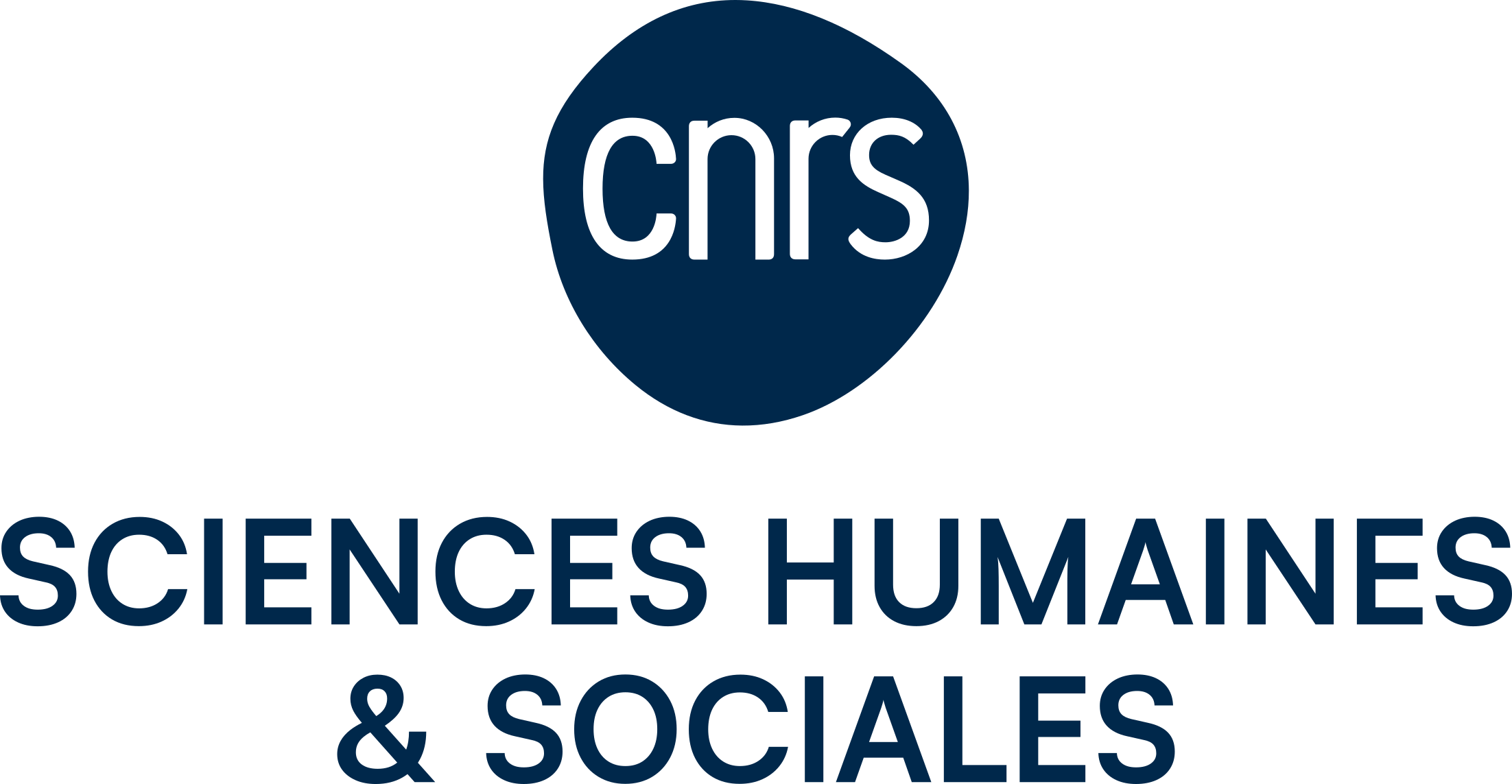Improved cognitive control in presence of anthropomorphized robots
lundi 21 janvier 2019

January 2019. The simple presence of a humanoid robot improves cognitive control when robotic presence triggers anthropomorphic inferences. This is what researchers from the LAPSCO (Université Clermont Auvergne/CNRS) and the LIMOS (Université Clermont Auvergne/CNRS) published in International Journal of Social Robotics. This new finding strengthens the results previously reported by the same teams in Science Robotics.
Abstract
There is evidence that attentional control mechanisms in humans can be boosted in performance contexts involving the presence of other human agents, compared with isolation. This phenomenon was investigated here with the presence of artificial agents, that is, humanoid robots in the context of the well-known Stroop task requiring attentional control for successful performance. We expected and found beneficial effects of robotic presence (compared with isolation) on standard Stroop performance and response conflict resolution (a specific component of Stroop performance) exclusively when robotic presence triggered anthropomorphic inferences based on prior verbal interactions with the robot (a social robot condition contrasted with the presence of the same robot without any prior interactions). Participants’ anthropomorphic inferences about the social robot actually mediated its influence on attentional control, indicating the social nature of this influence. These findings provide further reasons to pay special attention to human–robot interactions and open new avenues of research in social robotics.
Spatola, N., Belletier, C., Chausse, P., Augustinova, M., Normand, A., Barra, V., Ferrand, L*., & Huguet, P*. (2019 *equal contribution). Improved cognitive control in presence of anthropomorpized robots. International Journal of Social Robotics. doi : 10.1007/s12369-018-00511-w Full-text view-only version

depuis votre smartphone


